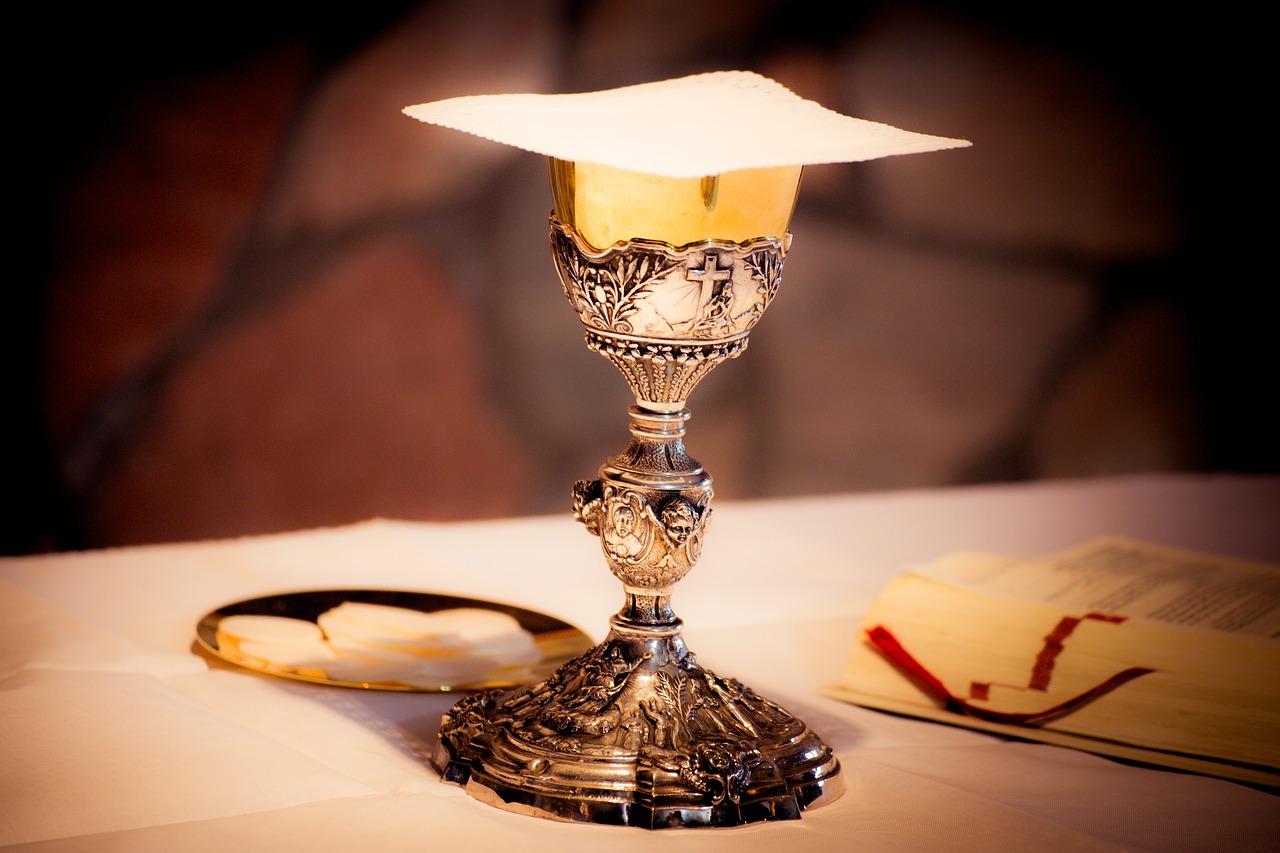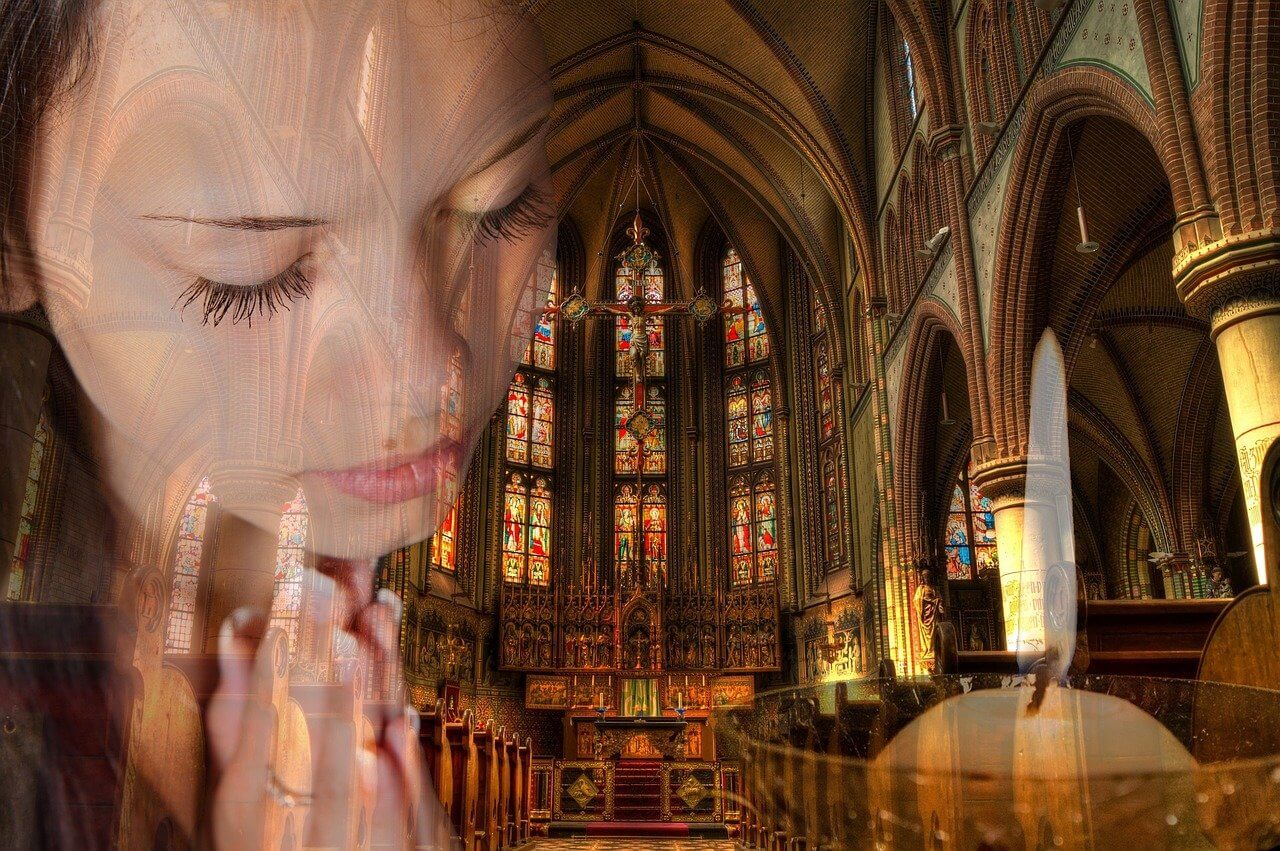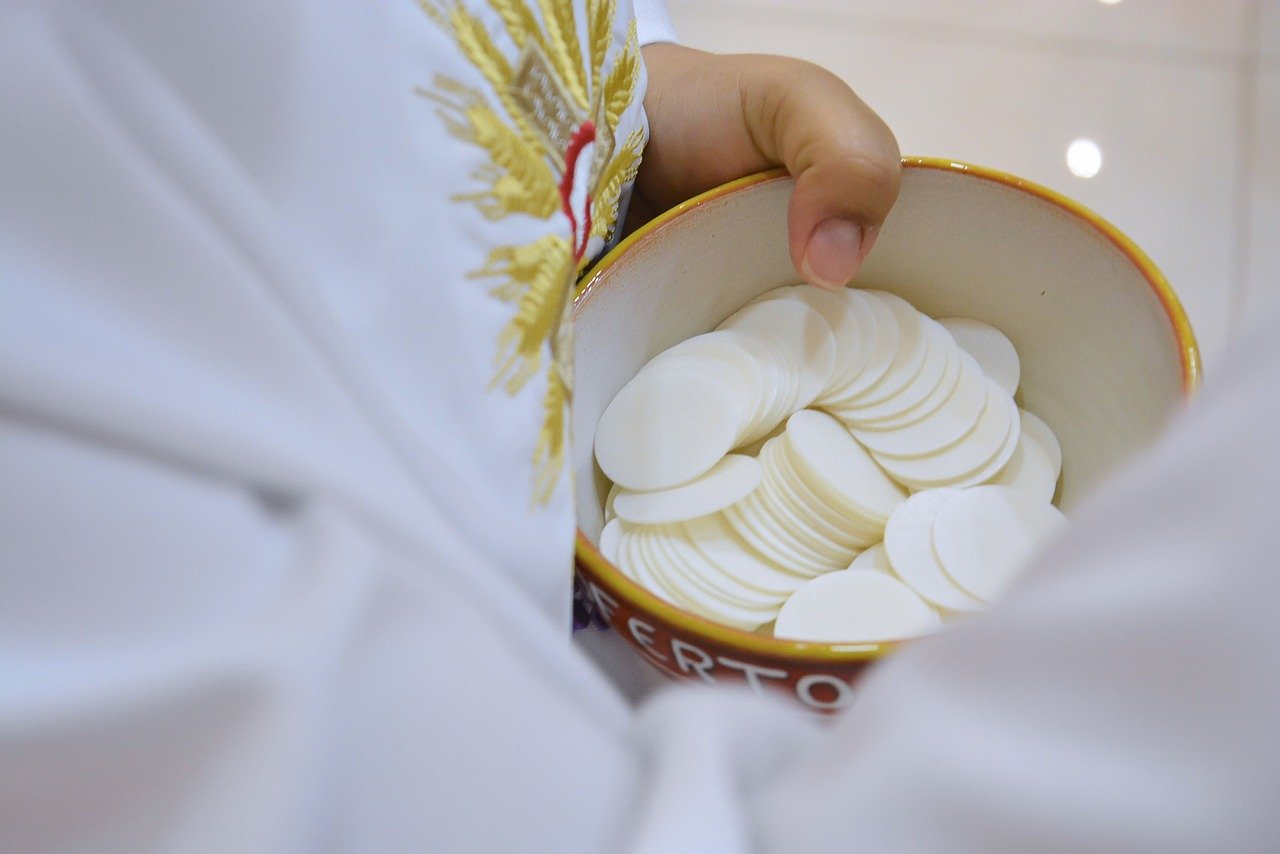Thank you for the amplification of my post.
I receive emails from Messianic Bible, and this I just got and thought you might be interested... as well as other readers. Any text color changes are mine for emphasis.
Have you taken communion the Jewish way, as Yeshua taught?
"Do this in remembrance of Me."
(Luke 22:19)
Shalom
In Scripture, God gives us opportunities to fellowship with Him over meals, when we are to remember and celebrate the good works He has done.
We saw this after God made a covenant with the People of Israel at Mount Sinai. Moses and the 70 leaders of Israel “saw God, and they ate and drank.”
(Exodus 24:11)
The twelve disciples of Yeshua didn’t know it yet, but they too were seeing God in flesh as they ate with Him the night before He inaugurated a New Covenant.
Believers who participate in the traditional Jewish Passover meal (known as a Seder) have the opportunity to celebrate and enter into fellowship with Yeshua as He instructed His disciples to do, the night He was betrayed and arrested.
The Passover Meal
Perhaps the most significant meal in the Tanakh (Old Testament) that God required the People to eat is the Passover meal
(Exodus 12:14–16).
God instituted this meal as a mitzvah (command) so that every generation would remember how He alone arranged for their deliverance out of slavery in Egypt.
On this Passover night, the angel of death “passed over” the homes that displayed the blood of the sacrificial lamb on its doorposts.
In every home that did not display the blood, someone perished, which convinced Pharaoh to let the Israelites leave Egypt. This is why another name for Passover is
Hag ha-Herut (The Holiday of Freedom).
Over the centuries, this Passover meal evolved into a lengthy ritual, and we don’t know for certain which parts of the custom existed at the time of Yeshua.
Many scholars believe that several aspects of the Seder practiced today were introduced in the centuries following the destruction of the Temple in AD 70.
However, we do know that Messiah’s last meal with His disciples included the
breaking of bread and drinking of wine, as do Jewish meals to this day, and that is the part Yeshua wants us to remember the most.
So let’s look at what the bread and wine truly mean to Believers in Yeshua
This Is My Body
As Yeshua’s disciples gathered together for their final meal with Him, Yeshua blessed the bread, broke it, and said, “This is My body given for you; do this in remembrance of Me”
(Luke 22:19).
Almost 1.5 billion Christians (two-thirds of Christianity) have been taught that through a mysterious process the bread itself changes into Yeshua Himself.
This is called
transubstantiation and is practiced by Catholics, Anglicans, and Orthodox Christians, such as Greek, Ukrainian, Ethiopian, etc. as well as other denominations.
However, in the ancient Jewish practice of sacrificial offerings that God instituted, nothing ever transformed from one substance into another substance. Rather, most of the animal offerings were killed and eaten.
So, we must ask ourselves
from a Jewish Hebraic perspective, what did Yeshua want us to understand when He said, “This is my body”?
Yeshua often spoke about Himself in metaphors, especially in terms of
bread and
life.
He said, “I am the bread of life” and “I am the living bread that came down from heaven.”
(John 6:35, 51)
He explained to His disciples, “
It is the Spirit who gives life; the flesh profits nothing; the words that I have spoken to you are spirit and are life.”
(John 6:63)
Yeshua’s words are
spirit and
life because He is the Word of God in flesh
(John 1:1,14). Since this is true, every time Yeshua speaks, we can replace “I” with “Spirit” and “the Word.”
We can, therefore, understand His teaching about eating His body and drinking His blood this way:
“Unless you eat the flesh [Spirit / Word] of the Son of Man and drink His blood [Spirit / Word], you have no life in yourselves.
“He who eats My flesh [Spirit / Word] and drinks My blood [Spirit / Word] has eternal life, and I will raise him up on the last day. . . This is the bread which came down out of heaven; not as the fathers ate and died; he who eats this bread [Spirit / Word], will live forever.”
(John 6:53–58)
Symbolically consuming the Word of God is not a foreign concept in Judaism.
In his book,
God in Search of Man: A Philosophy of Judaism, Rabbi Abraham Heschel says that "the goal is for man to be an incarnation of the Torah; for the Torah to be in man, in his soul and in his deeds" (p. 311).
But there is another significant meaning attached to Yeshua’s instruction: “Take and eat. This is My body”
(Matthew 26:26).
“Then he took a cup, and when He had given thanks, He gave it to them, saying, ‘Drink from it, all of you. This is my blood of the covenant, which is poured out for many for the forgiveness of sins.’” (Matthew 26:27–28; see also Exodus 24:8)
Yeshua Is Our Prophesied Guilt and Sin Offering
In the covenant that God made with Moses and the Israelites,
the priests ate the sin and guilt offerings (such as lambs and goats) that the Israelites brought to the Temple as sacrifices for their sins.
Now, in the New Covenant, Yeshua Himself became our offering for guilt
(Isaiah 53:10) and sin
(Romans 8:3). He took upon Himself all of our sins. (However, as we will soon see, we have a vital responsibility in this forgiveness process.)
It is only natural, then, that Yeshua would ask His disciples, the priests of His kingdom, to eat the sacrifice, metaphorically speaking of course.
When we eat the bread and drink the wine at the Passover meal, we must remember how we have been delivered from an eternal spiritual death that God provided through the sacrifice of Yeshua, “the Lamb of God who takes away the sins of the world” (John 1:29).
With our sins paid for, His sacrifice heals any broken fellowship we had with God so we can
freely commune with Him.
This is why some call this time of remembrance
communion. However, in reality, it is an integral part of the Passover Seder.
Preparing to Fellowship With God
Rabbi Sha’ul (the Jewish Apostle whose name changed to Paul) spent much of his ministry teaching Gentiles. As Passover approached in Corinth, Greece Paul instructed the Believers there how to handle the sexual immorality within their congregation:
“Don’t you know that a little yeast [representing sin] leavens the whole batch of dough? Get rid of the old yeast, so that you may be a new unleavened batch—as you really are. For Messiah, our Passover lamb, has been sacrificed.
“Therefore let us keep the Festival, not with the old bread leavened with malice and wickedness, but with the unleavened bread of sincerity and truth.”
(1 Corinthians 5:6–8)
Paul also tells them:
“Whoever eats the bread or drinks the cup of the Lord in an unworthy manner will be guilty of sinning against the body and blood of the Lord.
Each one must examine himself before he eats of the bread and drinks of the cup.”
(1 Corinthians 11:27–28)
Examining ourselves is a Jewish concept.
Imagine an Israelite going through the trouble of buying a lamb at the Temple, slaughtering it for a sin offering, and not even knowing what his sin is.
Before coming to the Passover meal to remember the sacrifice of Yeshua for our sins, we need to examine our hearts to discover how we have disobeyed God. We can do this by praying the words that David wrote:
“Search me, O God, and know my heart; try me and know my anxious thoughts; and see if there be any hurtful way in me, and lead me in the everlasting way.”
(Psalm 139:23–24)
We need to be open to hearing what the Spirit has to say because He knows it all anyway: “Where can I go from Your Spirit? Or where can I flee from Your presence?” asked David
(verse 7).
Once we become aware of what sin needs to be cleansed, we must confess it just as the Israelites confessed their sins at the Temple.
When an Israelite brought his offering to the priest, he laid his hands on the animal and confessed his own sins and that of his family (since only men were permitted to enter the Temple courtyard).
In a similar way, when we confess our sins to God, we might imagine
laying our hands over Yeshua, our final sacrifice.
The Apostle John assures us that “if we confess our sins, He is faithful and righteous to forgive us our sins and to cleanse us from all unrighteousness.”
(1 John 1:9)
Once the confession has been made, we can
offer our sacrifice.
After confession, the Israelite personally experienced the magnitude of his sin, as he killed the sacrifice: a life had to die as a substitute for his own sin.
(Leviticus 4:27–33).
The priest then sprinkled the blood of the sacrifice on the altar, which made atonement for the sin.
And that is what Yeshua did for us!
This is why Paul wrote: “For as often as you eat this bread and drink the cup, you proclaim the Lord's death until He comes”
(1 Corinthians 11:26).
Like the Israelites, with atonement made, we are now free to serve our Creator, holy and set apart for His service.
But
freedom is not without responsibility. God requires from us
teshuvah, which in Hebrew means to walk with Him and turn away from our former ways.
In early Jewish tradition, it is written that the one who says, “I will sin and repent, I will sin and repent” … [does not depart from this practice easily and convinces himself that he really did not sin thus] an opportunity to repent is not given to him”
(Yoma 8, 9; AD 10–200).
True repentance means that once we have acknowledged the sin we committed, confessed it before God, and made the sacrifice, we then change our behavior and attitude in a long-term way.
That is repentance and that is Yeshua’s first command recorded in the Book of Matthew: “
Repent, for the kingdom of heaven is near”
(verse 3:2).
With the leaven (sin) in us repented of and our attitude reflecting God’s attitude, we can enter into true fellowship with Him — a restored relationship where communication and love flow without hindrance.
That is the kind of freedom Yeshua came to give us.




